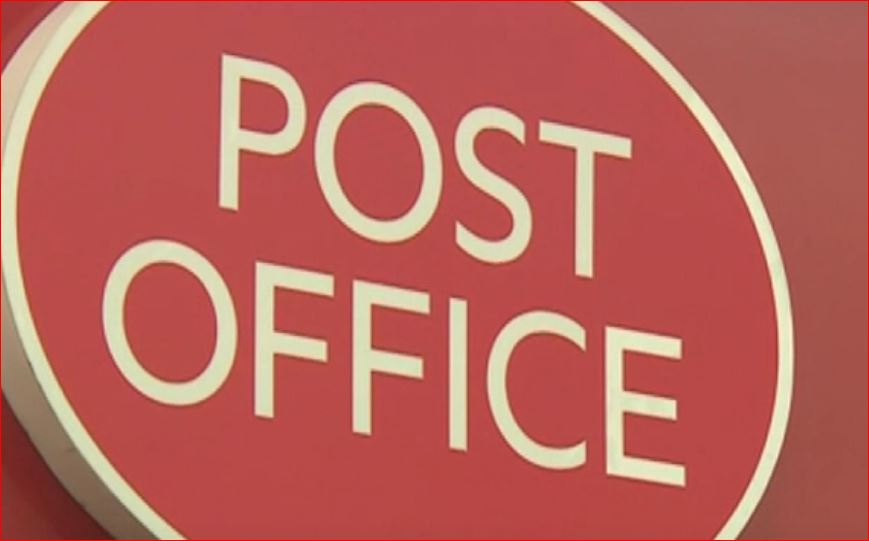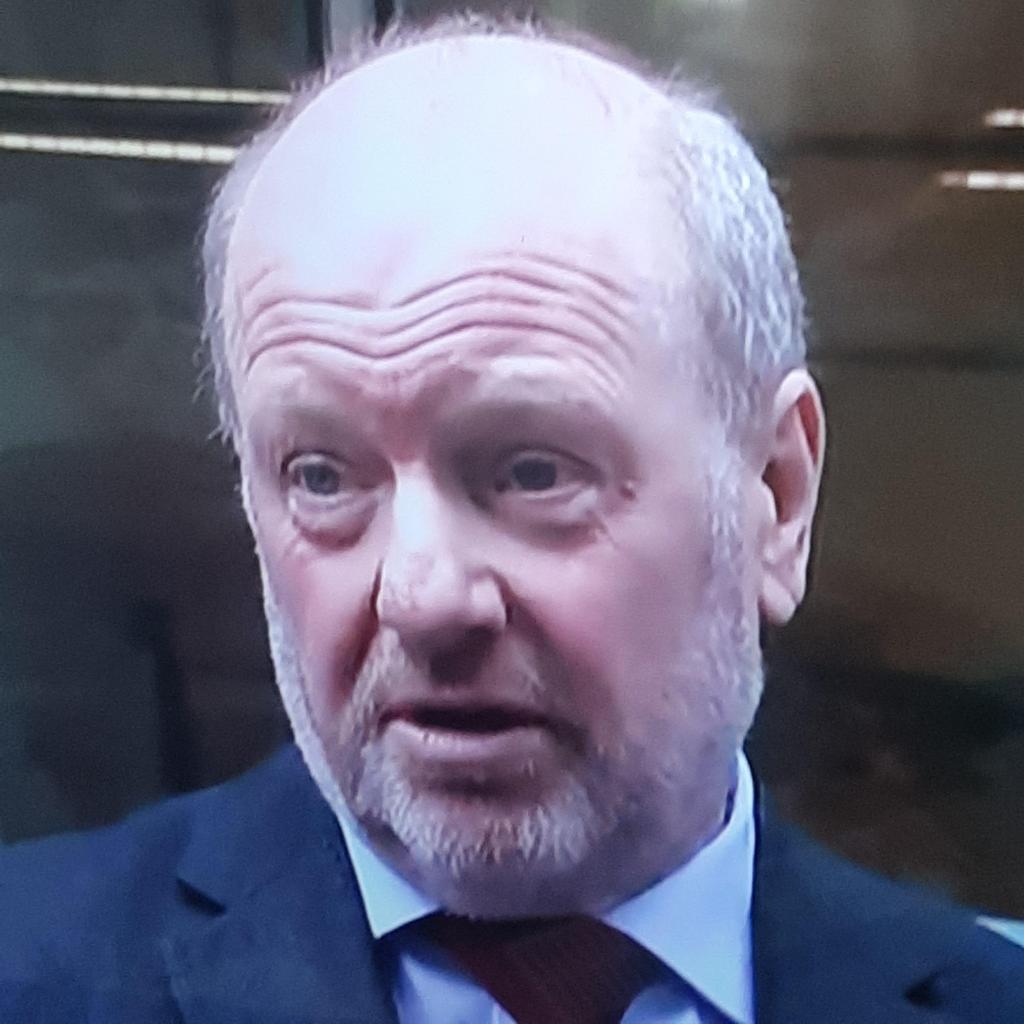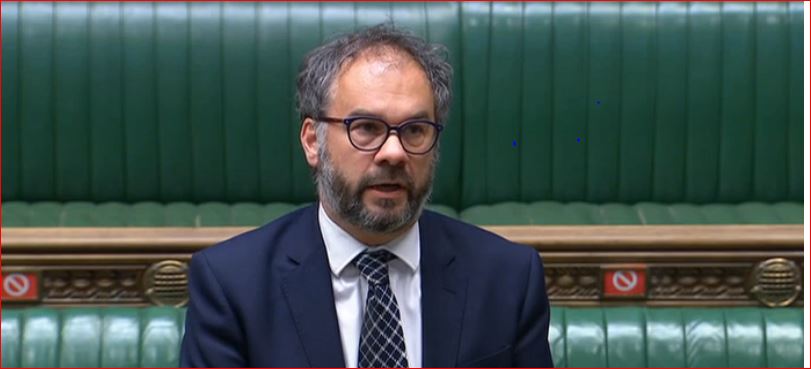By Tony Collins
Police have re-interviewed two people as part of an investigation into a Post Office computer scandal that saw hundreds of workers wrongly convicted of crimes, says the Sunday Mirror.
The Post Office pursued more than 700 sub-postmasters and sub-postmistresses for theft, fraud and false accounting based on information from Fujitsu’s faulty Horizon system.
The Metropolitan police are now investigating the accuracy of evidence from two people who worked for Fujitsu, after a High Court judge referred the case to the Director of Public Prosecutions.
The man and woman were spoken to under caution on suspicion of perjury, says the paper. It adds that dozens of postal workers were jailed between 1999 and 2015 and that courts were not told about the system’s flaws, say campaigners. It is alleged the Post Office and Fujitsu covered up the flaws.
Scotland Yard told the Sunday Mirror that a man and woman in their 60s have been re-interviewed under caution on suspicion of perjury. A spokeswoman said, “No arrests have been made and enquiries continue.”
The Justice for Sub-Postmasters Alliance says a cover-up of Horizon’s IT problems involved Whitehall departments as well as the government-owned Post Office. The Alliance’s founder Alan Bates wants the criminal investigations to be widened. So far more than 70 victims have had their convictions overturned after one of the biggest miscarriages of justice in UK legal history.
In January 2020, the Metropolitan Police Service received a letter from Mr Justice Fraser via the Crown Prosecution Service. Mr Justice Fraser was the High Court judge who found that “Legacy” Horizon, which was in use at the Post Office until 2010, had numerous bugs, errors and defects and was not remotely robust. The system’s successor, known as HNG-X also had a “significant” number of bugs, errors and defects. The judge learned that various courts had been told of the efficacy of Horizon.
The Met police subsequently assessed Mr Justice Fraser’s letter and opened a criminal investigation. The Met has confirmed it is aware of the Criminal Cases Review Commission’s referrals to the Court of Appeal and subsequent proceedings.
Sunday Times
Yesterday the Sunday Times reported that ministers have set aside more than £1 billion to settle claims with victims of the Post Office IT scandal. It said the business department, BEIS, has “quietly made three grants available to the Post Office”, which confirms that “compensating sub-postmasters could cost more than £1 billion”. The last grant in December 2021 was for £685m.
Karl Flinders of Computer Weekly first reported on the £1bn set aside as compensation money last Monday. His article said at least three payments were paid by the Department for Business, Energy and Industrial Strategy (BEIS) to the Post Office last year. One of over £94m was made in July and another of £685m on 20 December, both labelled as their purpose “rescue aid” – part of a subsidy scheme known as Post Office Historical Matters Compensation. In March last year, £233m was paid with the purpose labelled as “employment” within a subsidy scheme known as Post Office Historical Shortfalls Scheme.
A BEIS spokesperson told Computer Weekly the subsidy figures are a top estimate of what could be needed, and had been set aside for potential use. “It has not been spent and will only be given to the Post Office in arrears if and when required.”
Journalist Nick Wallis, author of The Great Post Office IT Scandal reports on his blog that the money set aside for paying compensation makes the Horizon IT disaster a “fully-fledged £1bn scandal”.
He also says it is mystifying that neither Paul Scully MP, who is the Postal Affairs minister, nor the two senior civil servants who sat either side of him at a hearing of the BEIS Select Committee in the House of Commons on 11 January 2022 [Carl Cresswell and Tom Cooper], mentioned anything about the £685m compensation grant. Wallis says that compensation was exactly what the committee was there to discuss.
The absence of any ministerial reference to £685m or the other amounts at either the BEIS committee or a House of Lords debate on 10 January which was specifically on Post Office compensation, suggests that openness and transparency over the scandal may be more of an aspiration than a reality for government and Whitehall, and particularly for the Department for BEIS.
Comment
In a scandal characterised by government and Whitehall cover-ups, it is perhaps unsurprising that both houses of Parliament – in separate exchanges this month over Horizon-related compensation – have been left uninformed about the £1bn set aside for compensation.
The Department for BEIS can argue that the money was not mentioned to Parliament because it has not been allocated yet: it is merely set aside for possible compensation.
But is it not important for MPs and the public to know that the scandal may cost taxpayers £1,000,000,000?
It is as if Scully and his officials at BEIS see the cost of dealing with the scandal as purely a matter for government rather than a matter for the public, MPs and taxpayers.
But it is public money involved (and it is public money that pays the salaries of ministers and BEIS officials).
Compensation doublespeak?
Orwell’s 1984 includes the memorable slogans War is Peace, Freedom is Slavery and Ignorance is Strength. In the context of the Post Office IT scandal, perhaps the ministerial words “as soon as possible” mean the opposite.
Scully uses the phrase as soon as possible repeatedly when referring to a need to pay compensation to all victims of the scandal. But it is more than two years since Alan Bates and his group of 555 won their High Court case and still they have not received full compensation.
The latest ministerial ruse is to announce that paying the Bates 555 fair compensation needs a “mechanism”. Which seems to be a means of delaying proper compensation indefinitely.
Events in government over the last few weeks raise questions about poor standards in public life. Indeed today, in the 22nd year of the Post Office IT scandal, the whole affair continues to be characterised by a lack of openness and transparency, doublespeak and deliberate delays in paying full compensation to all victims.
But Scully, with the support of BEIS officials, seem proud to defend their way of doing things. For them, the payment of full compensation to the Bates 555 is a technical and legal matter – a mechanism, a work-related affair that has no personal consequences whether full compensation is paid or not. In this Whitehall world of no consequences, time, in fact, is not of the essence.
More people may die awaiting the money that is owed to them. But to Whitehall devising a mechanism for making payments is more important.
**
The Great Post Office IT Scandal – Nick Wallis’ book
£1bn set aside to pay compensation – Karl Flinders, Computer Weekly













